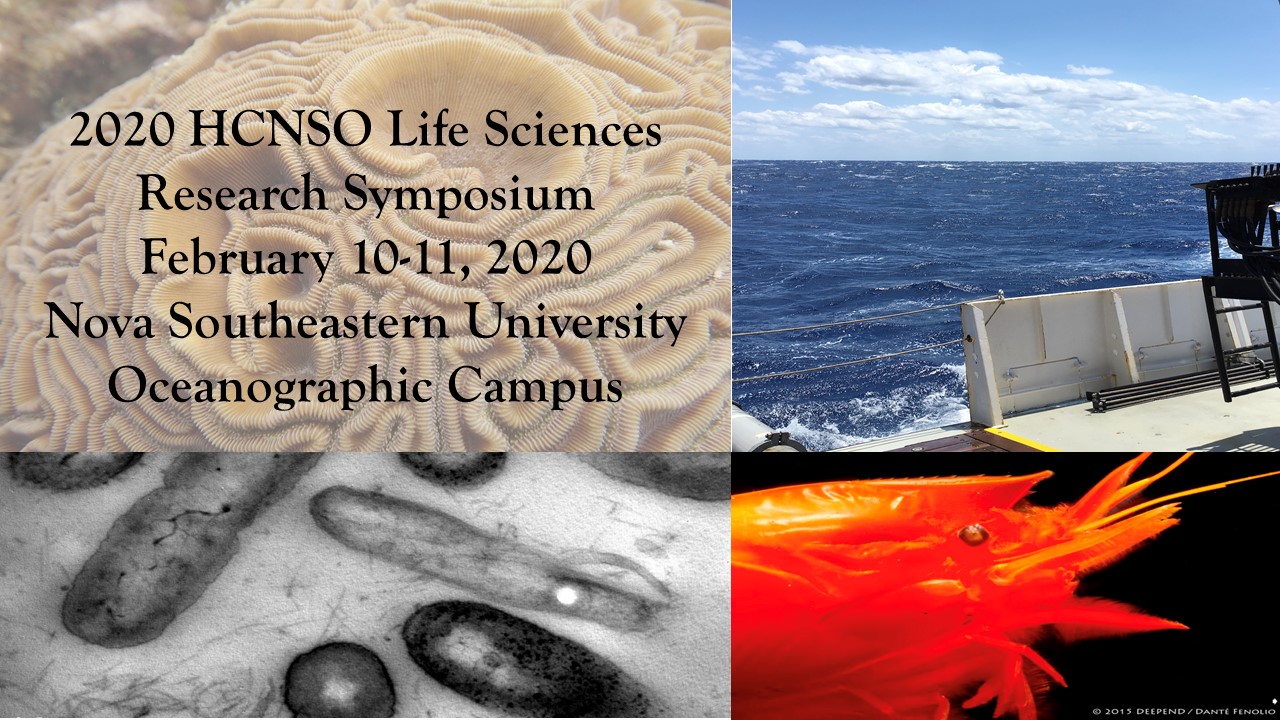The Russian Genome Project
Location
HCNSO Guy Harvey Oceanographic Center Nova Southeastern University
Start
2-11-2020 11:45 AM
End
2-11-2020 12:30 PM
Type of Presentation
Oral Presentation
Abstract
The Russian Federation spans 11 time zones and is the home of ~146,000,000 people: 80% are the ethnic Russians and the remainder identify themselves as one of ~200 indigenous ethnic minorities. Despite the large population size and high ethnic diversity, no centralized reference database of functional and endemic genetic variation has been established to date. The national Genome Russia Project aims to perform high coverage whole genome sequencing and analysis of peoples of the Russian Federation. I shall describe our progress based upon resolving genome-wide variation (SNPs, indels, and copy number variation) from 264 healthy adults, including 60 newly sequenced samples consisting of family trios from three geographic regions: Pskov, Novgorod and Yakutia,. People of Russia are shown to carry known and novel genetic variants of adaptive, clinical and functional consequence that in many cases show appreciable occurrence or allele frequency divergence from the neighboring Eurasian populations. Population genetic phylogenetic analyses revealed strong geographic partitions among indigenous ethnicities corresponding to the geographic locales where they have lived. Allele frequency spectra identified strong constraints to gene flow corresponding to the geological barriers (e.g. the Ural Mountains and Verkhoyansk mountain range). These first conclusions of the Genome Russia Project include results important for medical genetics as well as for population natural history studies and are at present being extended with several hundred additional Russian genomes.
Presenter(s) Biography
Affiliate Professor, NSU; Former Director of Dobzhansky Center for Genome Bioinformatics
The Russian Genome Project
HCNSO Guy Harvey Oceanographic Center Nova Southeastern University
The Russian Federation spans 11 time zones and is the home of ~146,000,000 people: 80% are the ethnic Russians and the remainder identify themselves as one of ~200 indigenous ethnic minorities. Despite the large population size and high ethnic diversity, no centralized reference database of functional and endemic genetic variation has been established to date. The national Genome Russia Project aims to perform high coverage whole genome sequencing and analysis of peoples of the Russian Federation. I shall describe our progress based upon resolving genome-wide variation (SNPs, indels, and copy number variation) from 264 healthy adults, including 60 newly sequenced samples consisting of family trios from three geographic regions: Pskov, Novgorod and Yakutia,. People of Russia are shown to carry known and novel genetic variants of adaptive, clinical and functional consequence that in many cases show appreciable occurrence or allele frequency divergence from the neighboring Eurasian populations. Population genetic phylogenetic analyses revealed strong geographic partitions among indigenous ethnicities corresponding to the geographic locales where they have lived. Allele frequency spectra identified strong constraints to gene flow corresponding to the geological barriers (e.g. the Ural Mountains and Verkhoyansk mountain range). These first conclusions of the Genome Russia Project include results important for medical genetics as well as for population natural history studies and are at present being extended with several hundred additional Russian genomes.


